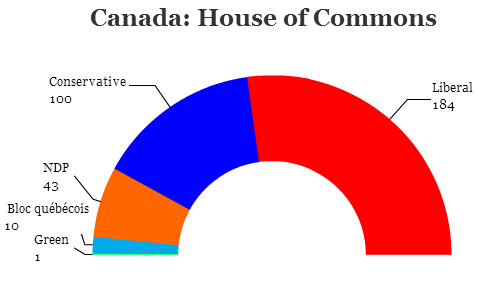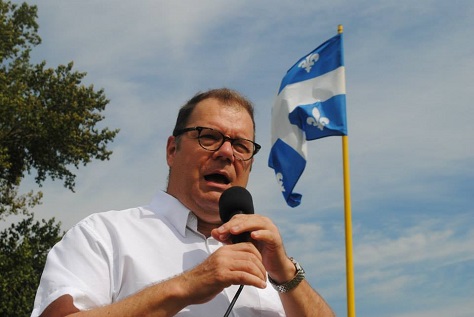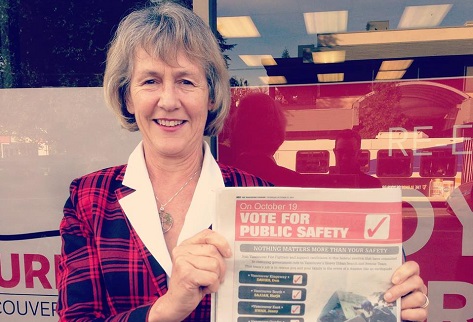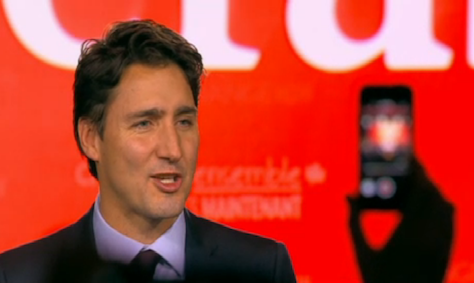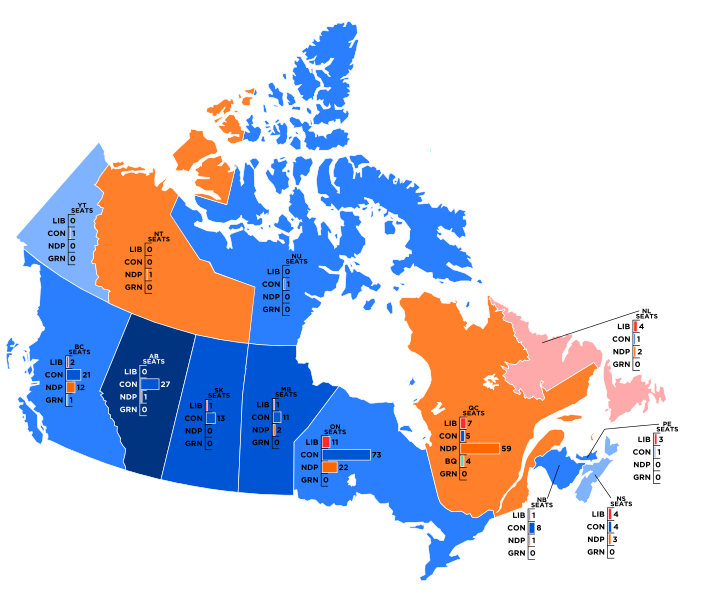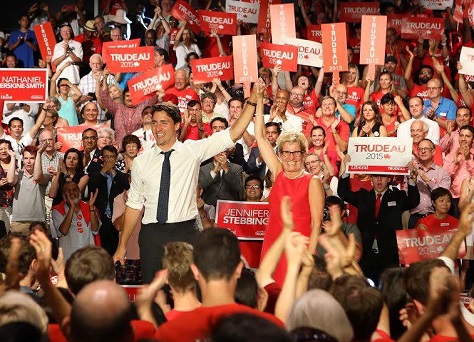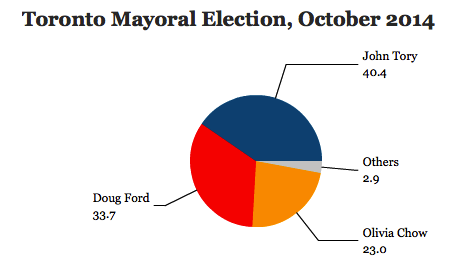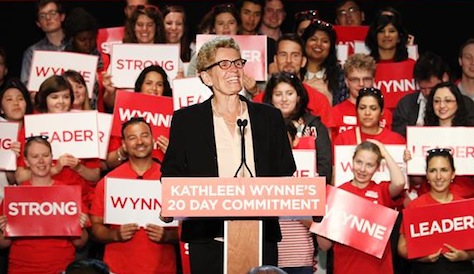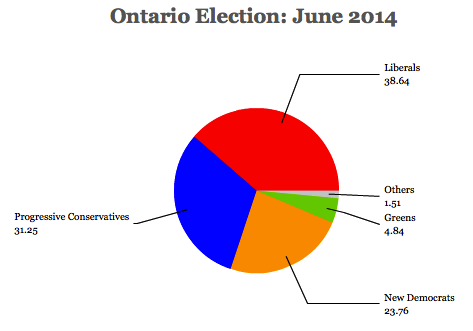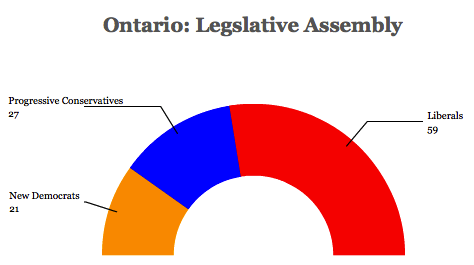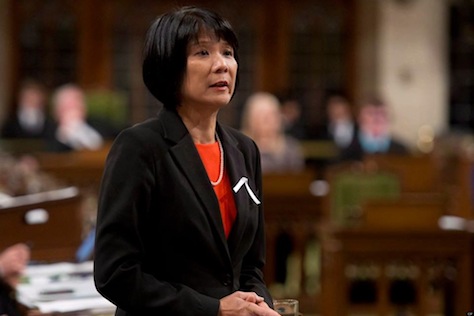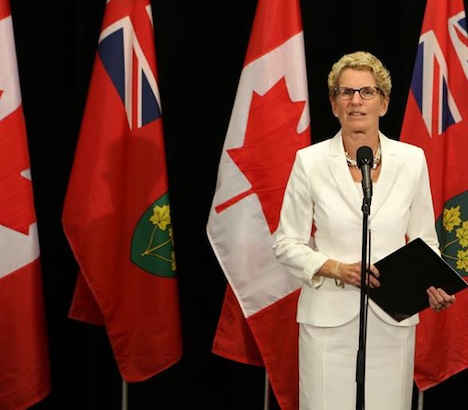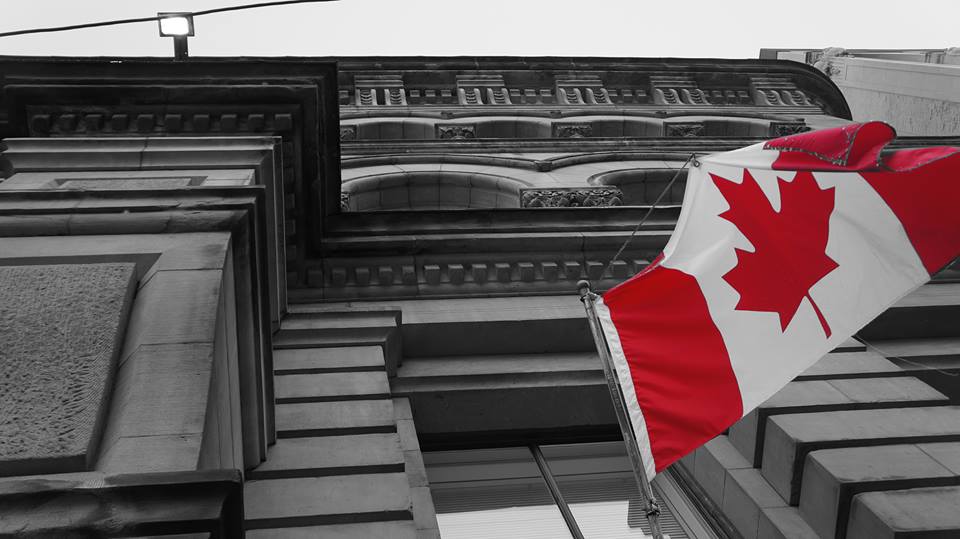
Will Justin Trudeau and the Liberal Party win a majority government or a minority government? Will prime minister Stephen Harper’s Conservatives emerge with the largest number of seats? How far could the New Democratic Party fall? ![]()
Join Suffragio at 8 p.m. ET for live analysis of the 42nd Canadian federal election.
1:25 am. It’s time to wrap things up here on the East Coast. Some of the final numbers might yet change, but the live blog will end with the latest numbers — both in terms of vote share and the seats of the House of Commons.
1:15 am. Another Liberal grandee worth watching is Stéphane Dion (pictured above), who unexpectedly won the Liberal leadership in 2006 after Paul Martin’s election defeat. Dion, a former environmental minister and intergovernmental affairs minister, easily won reelection in his Montreal-based riding. He’s one of the few remaining links not only to the Martin frontbench but to the Chrétien frontbench. It’s nearly certain that he will play some high-profile role, at least initially, in the Trudeau government — especially with the high-stakes climate change summit in Paris approaching next month.
1:01 am. Ironically, Bloc hardliner Mario Beaulieu (pictured above), whose year-long leadership proved so disastrous, was elected from his La Pointe-de-l’Île riding tonight, pushing the NDP into a narrow third place.
12:51 am. One of the people to watch in the next Liberal government is Joyce Murray, the runner-up to Trudeau in the 2013 election. An MP from Vancouver, Murray has taken a much more conciliatory approach to the NDP and the Green Party.
12:43 am. Former Progressive Conservative prime minister Joe Clark (pictured above), who defeated Pierre Trudeau in the 1979 election, is discussing the two Trudeaus on CBC:
‘I have to say, his performance in the campaign has been extraordinary… he demonstrated who he was. His father had clearly proven his essence and strength. Justin Trudeau has done the same thing. They are very different people, but one of the things they have in common is they reflected their age, they reflected the generation they were elected to led. Both of them, as Justin Trudeau indicated tonight, were optimists, I think the son a little more enthusiastically than the father.’
12:41 am. CBC has now called the riding of Eglinton-Lawrence in Toronto for Marco Mendicino, who will defeat the outgoing Conservative finance minister Joe Oliver (pictured above). That removes yet another potential leadership contender and a potential interim leader.
12:35 am. Not to take anything away from the massively impressive Liberal victory, but this isn’t the best speech I’ve ever heard, even from Trudeau. It’s rambling, and phrases like ‘a Canadian is a Canadian is a Canadian’ do not project the kind of gravitas that he will need to demonstrate in the two-week transition to 24 Sussex Drive.
12:32 am. Trudeau talking about meeting a woman in a hijab, who said she was voting Liberal ‘to make sure her little girl has the right to make her own choices in life and the government will protect those rights.’
But note that the niqab wasn’t a complete loser for Harper, especially in Quebec, where the Conservatives will double their seats to 10 and where the Bloc will also make gains. I fear that this story isn’t over yet.
12:14 am. Trudeau takes a victory lap against the sometimes harsh personal campaign that his opponents ran against him: ‘This is what positive politics can do, this is what a positive, hopeful vision and a platform and a team together can make happen.’ It’s sort of spiking the ball against Harper and even Mulcair for the patronizing attitude that they took against Trudeau’s inexperience. Trudeau has been an MP only since 2008, and he won the Liberal leadership just five years later. The Conservatives ran ads openly asking whether Trudeau was up to the job, and Mulcair often criticized ‘Justin’ in patronizing terms, at times, in the campaign’s leadership debates.
12:11 am. Justin Trudeau, Canada’s new prime minister, is set to take the stage for his victory speech. Continue reading Live-blogging Canada’s election results

